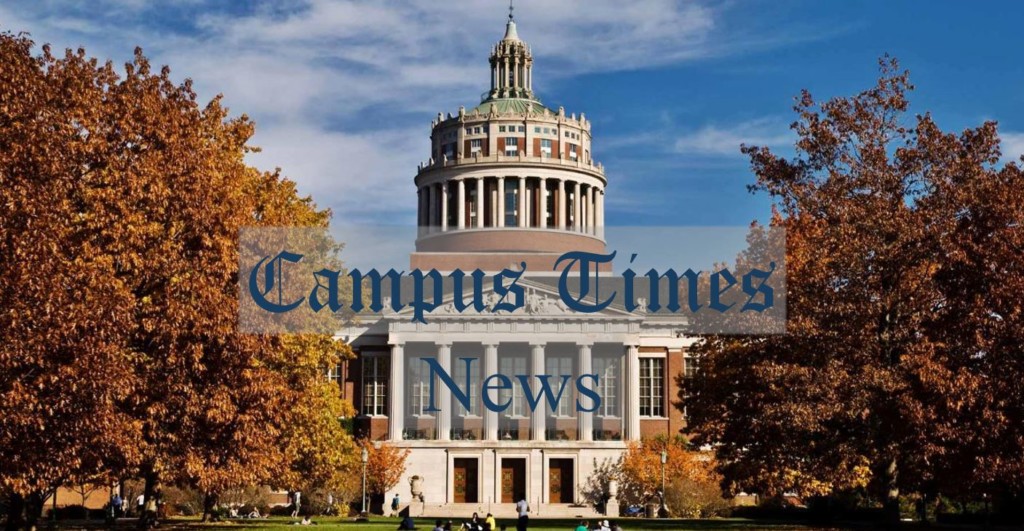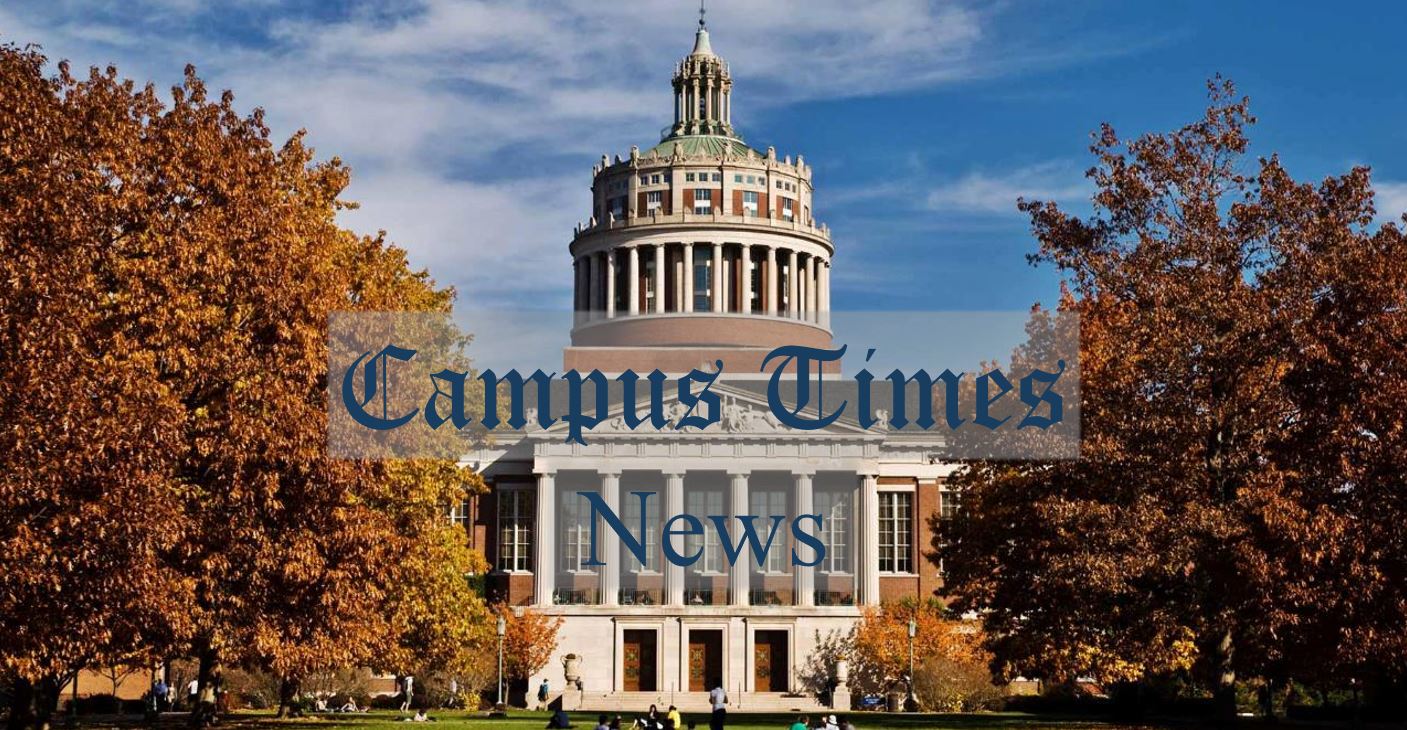College Republicans hosted a panel discussion on climate change solutions this past Thursday with politicians and climate change lobbyists.
“We need fresh ideas [on] this campus,” junior and vice president of College Republicans Anthony Pericolo said. The club surveyed students on campus at random and found climate change was the most requested discussion topic from the students they interacted with.
Each speaker brought a different perspective to the panel. Bob Inglis, a former Republican congressional candidate, is working with a new company, RepublicEN, to craft a conservative approach to the issue of climate change.
During the panel, Inglis proposed that the U.S.should act as a better influence in enforcing solutions to climate change because it has the largest global impact and most leverage over other countries.
For instance, he encouraged a carbon tax on the export and import of fossil fuels with China to ultimately force a decrease in fossil fuel consumption.
Inglis’ approach to climate change included ideas surrounding foreign policy and “finding out a way for China to follow our lead.”
“We are always told to ‘act globally, think locally,’ but it should be ‘think locally, act globally,’” Inglis said.
Mark Cohen from the Greater Rochester Chamber of Congress spoke to the role of college students in mitigating climate change.
“You can look up ways to maximize utility, be skeptical, be cynical,” Cohen said.
Sharing this view was Neely Kelly, a head organizer of Mothers Out Front, a local organization dedicated to finding better solutions to climate change.
“It’s going to take more than just eating less meat — look up the different things to reduce your carbon footprint,” Kelly said.
The speakers’ different political leanings did not affect the discussion around solutions to climate change. Rather, Cohen said, politics and globally important issues like climate change should be separated, since politicians are not always logical.
The three speakers agreed that things detrimental to humanity should not be politicized.
Said Cohen, “Climate change is a human disaster.”
First-year Adam Hopson, who attended the discussion, took away that “people want to divert money and monitor sources to different causes.”
“I think a lot of our environmental issues get lost in that […] since we are not seeing the immediate effects.”


